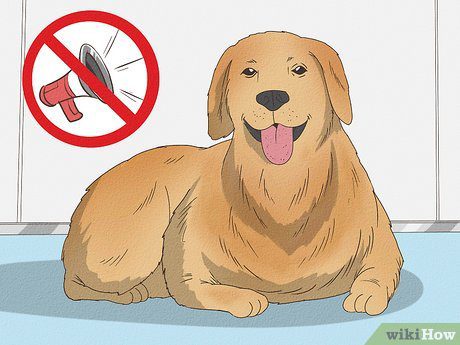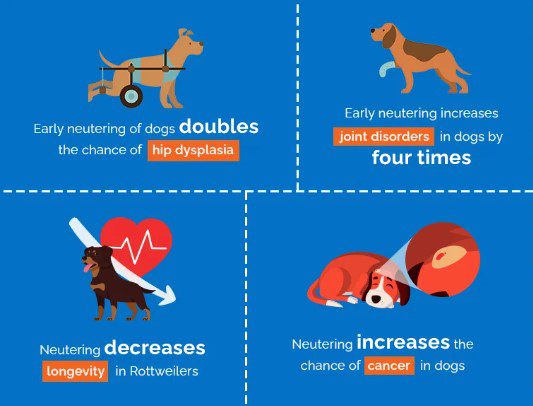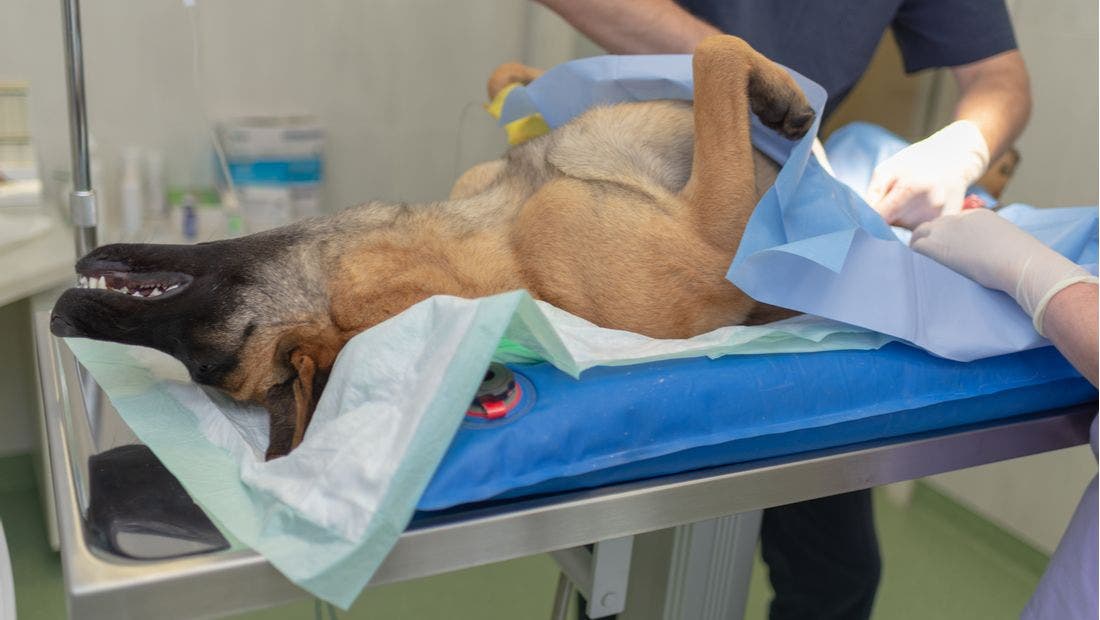Dog Neutering Explained: Benefits, Myths, and Recovery Tips

Introduction
Dog neutering is a common and responsible practice that many pet owners consider for their male dogs. It involves a simple surgical procedure to remove the testicles, preventing the dog from reproducing. While the topic may seem straightforward, there are many questions, misconceptions, and concerns surrounding it. Is neutering truly necessary? Will it change your dog’s behavior or personality? What should you expect before, during, and after the procedure?
This guide aims to provide clear, factual information about dog neutering so you can make an informed decision for your pet. We’ll explore the health and behavioral benefits, address common myths, discuss what the procedure involves, and offer helpful recovery tips. Whether you’re a new dog owner or simply seeking more information, understanding the full picture of neutering is an essential part of being a responsible and caring pet parent.
What Is Dog Neutering?
Dog neutering is a surgical procedure that removes a male dog neutering testicles to prevent reproduction. Also known as castration, it is typically performed under general anesthesia by a licensed veterinarian. Neutering differs from spaying, which is the procedure for female dogs. The surgery is relatively quick, with most dogs returning home the same day. It’s usually recommended when a dog reaches six months of age, though timing can vary based on breed, size, and overall health. Neutering plays a key role in managing unwanted litters and improving long-term well-being.

Benefits of Dog Neutering
Neutering offers several important benefits for dogs and their owners. Health-wise, it reduces the risk of testicular cancer and prostate problems. Behaviorally, neutered dogs are often less aggressive, less likely to roam, and less inclined to mark territory with urine. It can also help minimize unwanted behaviors like humping. Beyond the individual dog, neutering helps control the stray dog neutering population, easing the burden on shelters and communities. Overall, it promotes a longer, healthier, and more manageable life for your pet.
Potential Drawbacks and Considerations
While dog neutering has many benefits, it’s important to consider potential drawbacks as well. Some dog neutering may experience side effects such as slight weight gain or changes in energy levels, although these can often be managed with proper diet and exercise. For certain breeds, especially large or giant ones, timing the procedure is important to avoid possible joint issues later in life. Additionally, some owners may have ethical or personal reservations. Consulting with a trusted veterinarian can help you weigh the pros and cons for your specific dog.
Common Myths About Dog Neutering
There are several myths about dog neutering that can cause confusion. One common belief is that neutered dogs automatically become lazy or gain weight—when in fact, weight gain is more related to diet and activity level. Others think the procedure drastically changes a dog’s personality, but core traits like affection and loyalty remain intact. Some also view neutering as cruel, when it’s actually a safe, routine surgery with long-term health benefits. Dispelling these myths helps pet owners make more informed, confident decisions.

The Neutering Procedure: What to Expect
The neutering procedure is straightforward and typically completed within a few hours. Your dog neutering will be placed under general anesthesia, and the veterinarian will surgically remove the testicles through a small incision. Before surgery, your vet may recommend fasting and run a few health checks to ensure your dog is fit for anesthesia. Most dogs can go home the same day and begin recovery right away. While complications are rare, your vet will provide aftercare instructions to minimize risks and ensure a smooth healing process.
Cost of Dog Neutering and Financial Assistance
The cost of neutering can vary depending on your dog’s size, location, and the clinic you choose. On average, it ranges from $50 to $300. Some private clinics may charge more, while nonprofit organizations and animal shelters often offer discounted or even free neutering services. Many communities also have voucher programs or low-cost spay/neuter events to help reduce the financial burden. Investing in neutering not only benefits your dog’s health but can also save money in the long run by preventing costly medical or behavioral issues.
Recovery Tips for Your Dog
After neutering, your dog will need a few days to recover. Keep them calm and limit activity to avoid stress on the incision site. Prevent licking or biting the area—an e-collar (cone) can help with this. Follow your vet’s instructions on pain medication, feeding, and wound care. Watch for signs of infection such as swelling, redness, or discharge. Most dogs bounce back quickly, but full healing can take up to two weeks. Providing a quiet, comfortable space will help your dog rest and heal properly.
When Should You Neuter Your Dog?
The ideal time to neuter a dog depends on its breed, size, and overall health. For small to medium breeds, neutering is typically recommended around six months of age. Larger breeds may benefit from waiting a bit longer—up to 12 to 18 months—to allow for proper growth and joint development. Early neutering may help prevent certain behavioral issues, while later neutering might be advised to avoid orthopedic problems. Always consult your veterinarian, who can help you decide on the best timing based on your dog’s unique needs.
Conclusion
Dog neutering is a responsible choice that can lead to long-term health, behavioral, and community benefits. While it’s not without considerations, understanding the procedure, dispelling myths, and knowing how to care for your pet afterward can make the decision easier. Always consult with a trusted veterinarian to determine what’s best for your dog’s age, breed, and lifestyle. Ultimately, neutering supports a healthier, happier life for your dog and helps reduce the number of unwanted animals in shelters. Being informed is the first step toward responsible pet ownership.
You Can Also Read: Top 10 Best Pets In The World
FAQS
Is neutering good for dogs?
reduces certain types of aggression. reduces the likelihood of separation anxiety or fearful elimination. reduces the likelihood of roaming, which can result in motor vehicle accidents or other traumas. neutered dogs generally live longer lives than unneutered dogs.
How long is recovery from neutering?
With proper care, the healing process will take approximately two weeks. Most pet parents are surprised to find out how quickly their male dogs recover from this safe and effective procedure. A smooth recovery process starts with a reliable veterinarian.
Do dogs grow after neutering?
Having your dog spayed or neutered early will not stunt your puppy’s growth, but it might affect the joints of large breed dogs. Studies show that early spay/neuter does affect the growth plate, delaying its closure and causing dogs to grow taller than they should have.
Does neutering calm a dog?
Although neutering can improve some behaviours, it can make others worse. In male dogs, testosterone can give them a confidence boost, so removing their testicles, which are the main producer of their testosterone, can make some nervous and anxious dogs more fearful and more likely to be aggressive when stressed.
What not to do after neutering?
The 10-14 days following surgery
Avoid running, jumping, and excessive playing. Strenuous activity increases your pet’s risk of developing swelling around the incision site that could result in premature dissolving of sutures, opening of the incision, and costly medical care that would be your responsibility.
How long are dogs pregnant?
A dog’s pregnancy lasts about two months, or an average of 63 days from ovulation. Predicting the exact expected day of birth can be difficult because the day of breeding might not be the date the dog becomes pregnant.

[…] You Can Also Read: Dog Neutering Explained: Benefits, Myths, and Recovery Tips […]